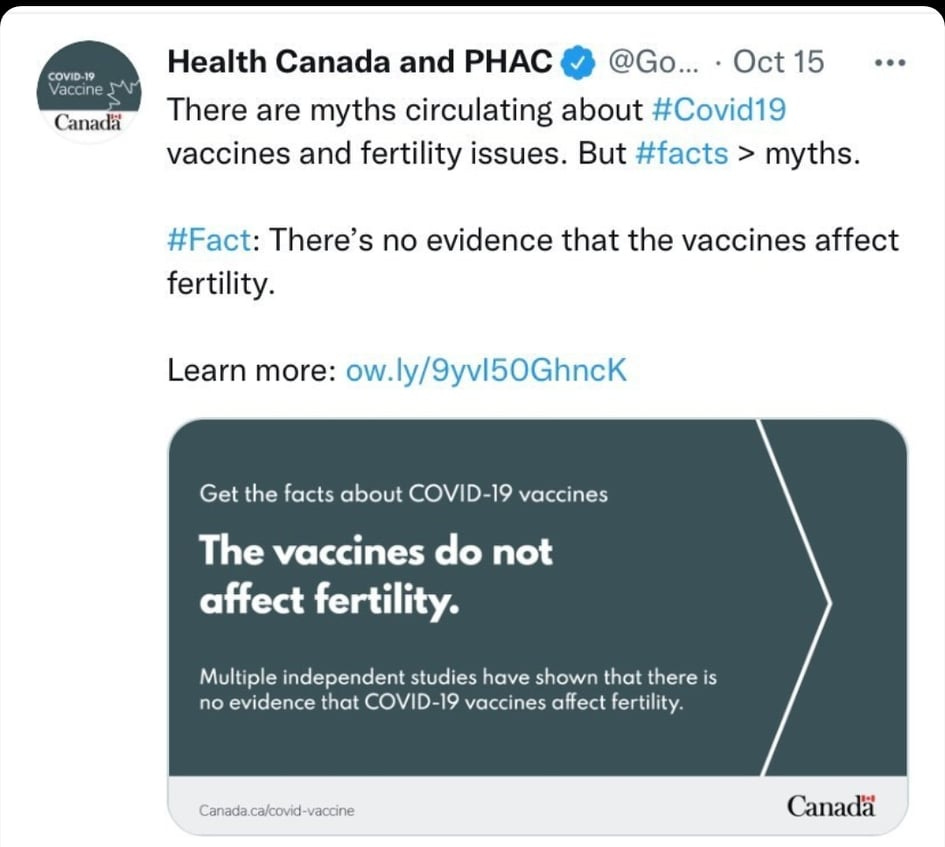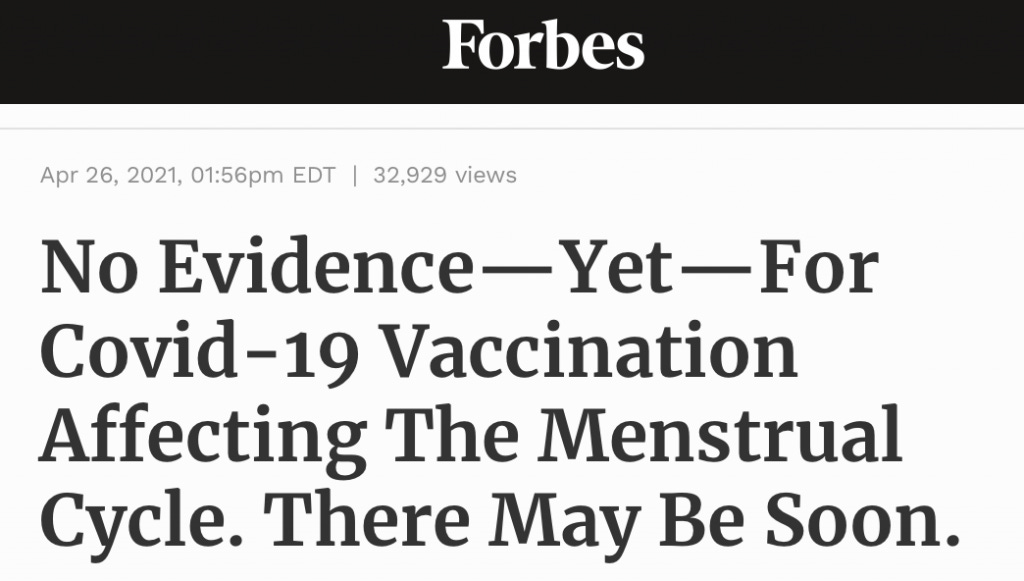EXCLUSIVE: Why A Mother Changed Her Decision To Vaccinate Her Kids Against COVID-19
A mother has new concerns about the safety of the COVID-19 vaccine after experiencing an adverse reaction herself. Since her reaction, her local health authorities have refused to make record of it.
Paula Hauck, a mom of two elementary aged children, was eager to receive the COVID-19 vaccine when it was made available to her age group. Hauck and her husband even searched for ways to find clinics with extra doses in order to receive their doses as soon as possible.
Hauck had zero worries about the vaccine, until her menstrual cycle changed after her second dose of Pfizer's vaccine. Initially weeks late, her period has now been coming every two weeks for several months. She has experienced more intense menstrual symptoms as well, something she did not have prior to vaccination.
In an interview with The Pulse, Hauck said,
“I went from having a very regular uneventful period for 10 years, which I have been tracking in an app for the majority of those, to it suddenly going haywire. So I started asking my friends, family, neighbours, ‘hey have you had anything weird happen with your period after your second vaccine?’ and so many women I talk to were like ‘ya!”
- Paula Hauck
Hauck made an appointment with her doctor to report the adverse reaction. The doctor submitted the event to Alberta Health Services (AHS.) Then a couple days later Hauck received a phone call from AHS saying that her experience was not considered an adverse reaction because it didn't require hospitalization.
“That for me was the turning point. I was shocked, I was thinking, how many other symptoms are occurring as a reaction to the vaccine and they are not being documented or listed?”
- Paula Hauck
Now Hauck is concerned about the health and wellbeing of her daughter who has entered puberty and will soon be eligible for the COVID- 19 vaccine.
“Honestly if I had no reactions, if I hadn’t gone through this process and understood that there are reactions happening that are not being shared or documented by our health authority, I think I would feel okay about getting my kids vaccinated. I would have been like it's probably fine, but now I feel very distrustful.”
Paula Hauck
The Canadian Government has put out messaging claiming that the vaccines do not affect fertility.
However, when looking at the September 16, 2021 version of the Pfizer product monograph, which is a factual, scientific document on a drug product, it states that it is unknown if the approved Pfizer vaccine, now called Comirnaty, affects fertility in humans.
How does the government know something the manufactures of the drug do not even know yet?
The claims that the vaccine could be affecting menstruation cycles is not new. As early as April 2021 there were stories coming out of media outlets exploring this.
There have also been over 30,000 reports filed to the UK yellow card system of women claiming menstruation cycle irregularities and pain. Two researchers, Kate Clancy and Katharine Lee, who specialize in women’s health, have collected over 140,000 reports of women experiencing a change in their period after the vaccine. They are conducting an open study.
The National Institutes of Health (NIH) recently delegated grant funding to investigate this matter more closely. A total of 1.67 million dollars will be allocated to the following five institutions to research if the COVID-19 vaccines are impacting menstrual cycles in a concerning way.
Boston University; Principal investigator: Lauren A. Wise, Sc.D.
Harvard Medical School, Belmont, Massachusetts; Principal investigator: Laura Allen Payne, Ph.D.
Johns Hopkins University, Baltimore; Principal investigator: Mostafa Borahay, Ph.D.
Michigan State University, East Lansing; Principal investigator: Stacey Ann Missmer, Sc.D.
Oregon Health and Science University, Portland; Principal investigator: Alison B. Edelman, M.D.
An article written by Dr. Victoria Male titled Menstrual Changes After Covid-19 Vaccination, claims that the adverse events are short lived for the majority of those affected and often cleared up after one cycle. The article, published by the British Medical Journal (BMJ), reiterates that there is "no evidence that covid-19 vaccination affects fertility."
Yet in that same article, Male acknowledged that the affect on menstrual cycles has not been included in warnings on vaccines.
Like Paula Hauck, many women did not know this was a possible adverse event before receiving the vaccine. It appears the manufactures didn't know it was a possible adverse event either, or they chose to withhold that information.
Either way, this brings up the issue of informed consent.
Informed Consent: permission granted in the knowledge of the possible consequences, typically that which is given by a patient to a doctor for treatment with full knowledge of the possible risks and benefits.
It's the lack of transparency and information that has Hauck concerned about the safety of the vaccine for her children.
“Ultimately I am not worried about me, I am done having babies, and I know there is lots of information the government is putting out that fertility is not effected. I am just sitting here thinking, I am not comfortable right now vaccinating my kids based on the fact that I don’t think that all the symptoms, side effects and reactions are being disclosed."
Paula Hauck







